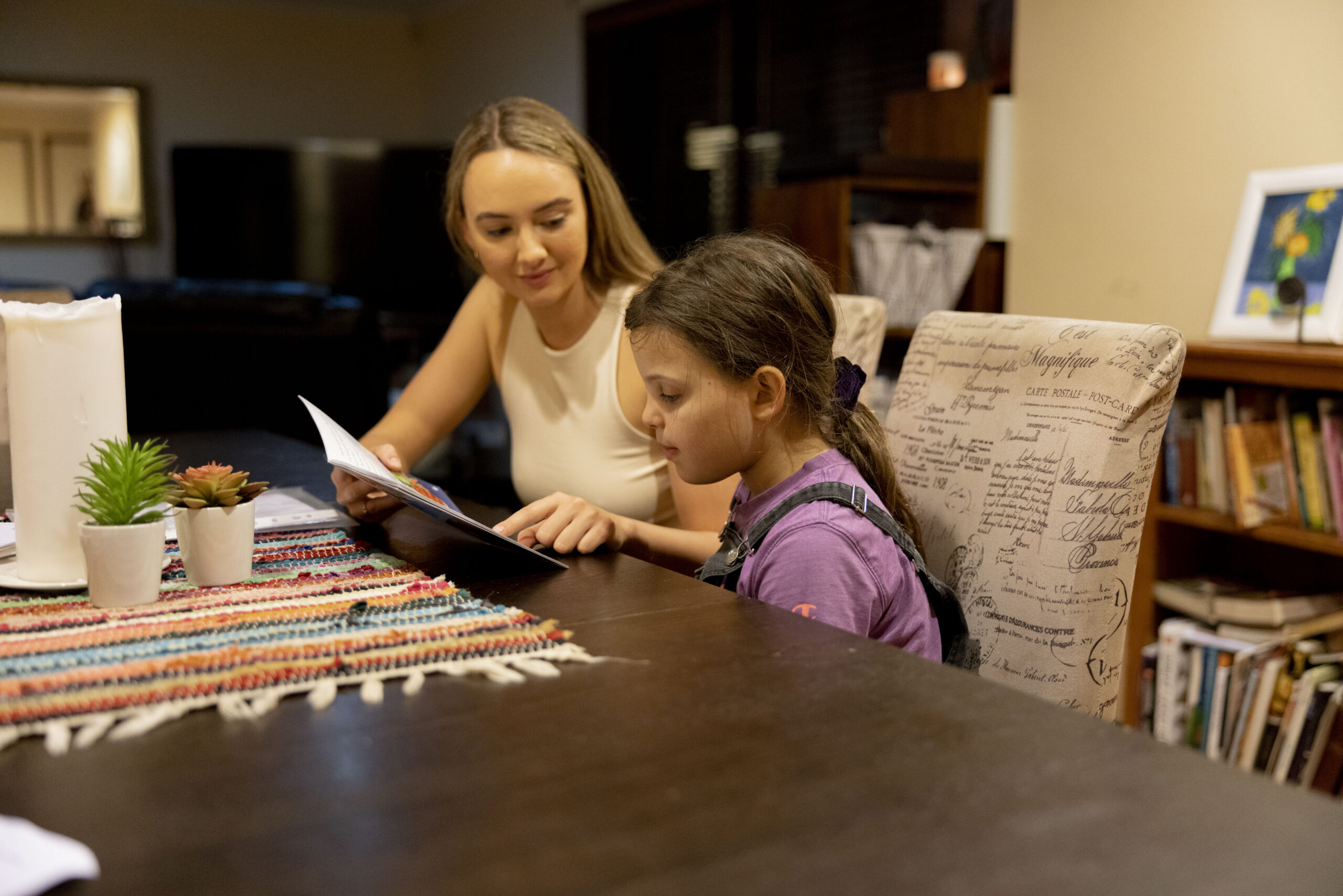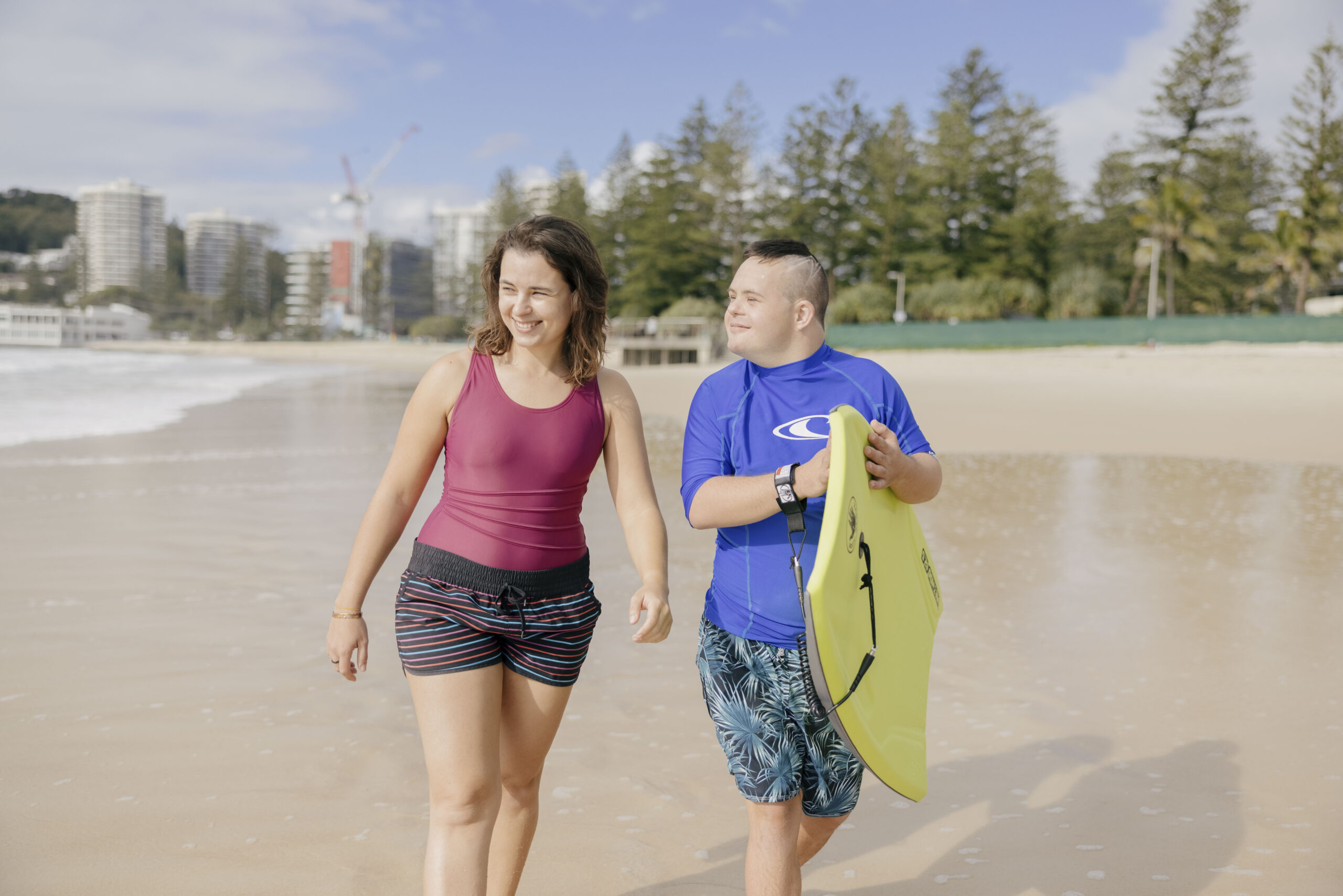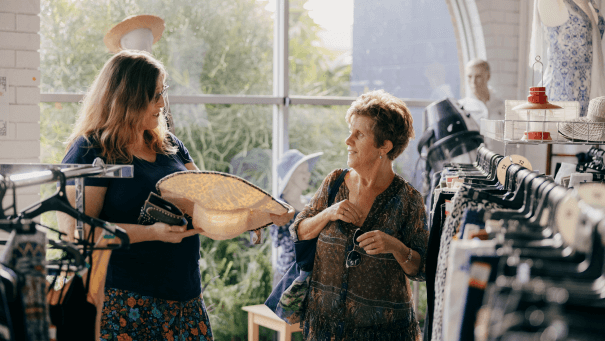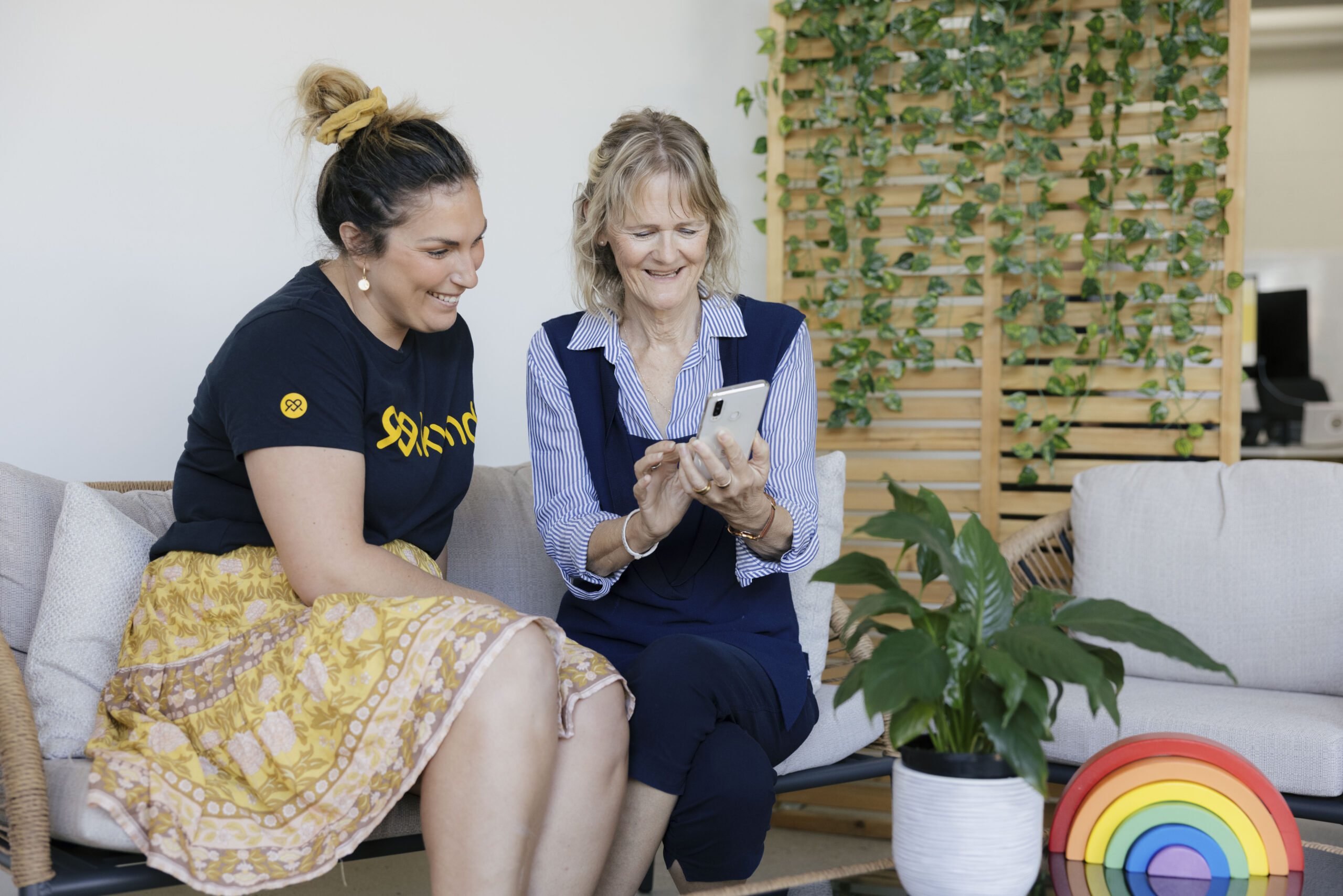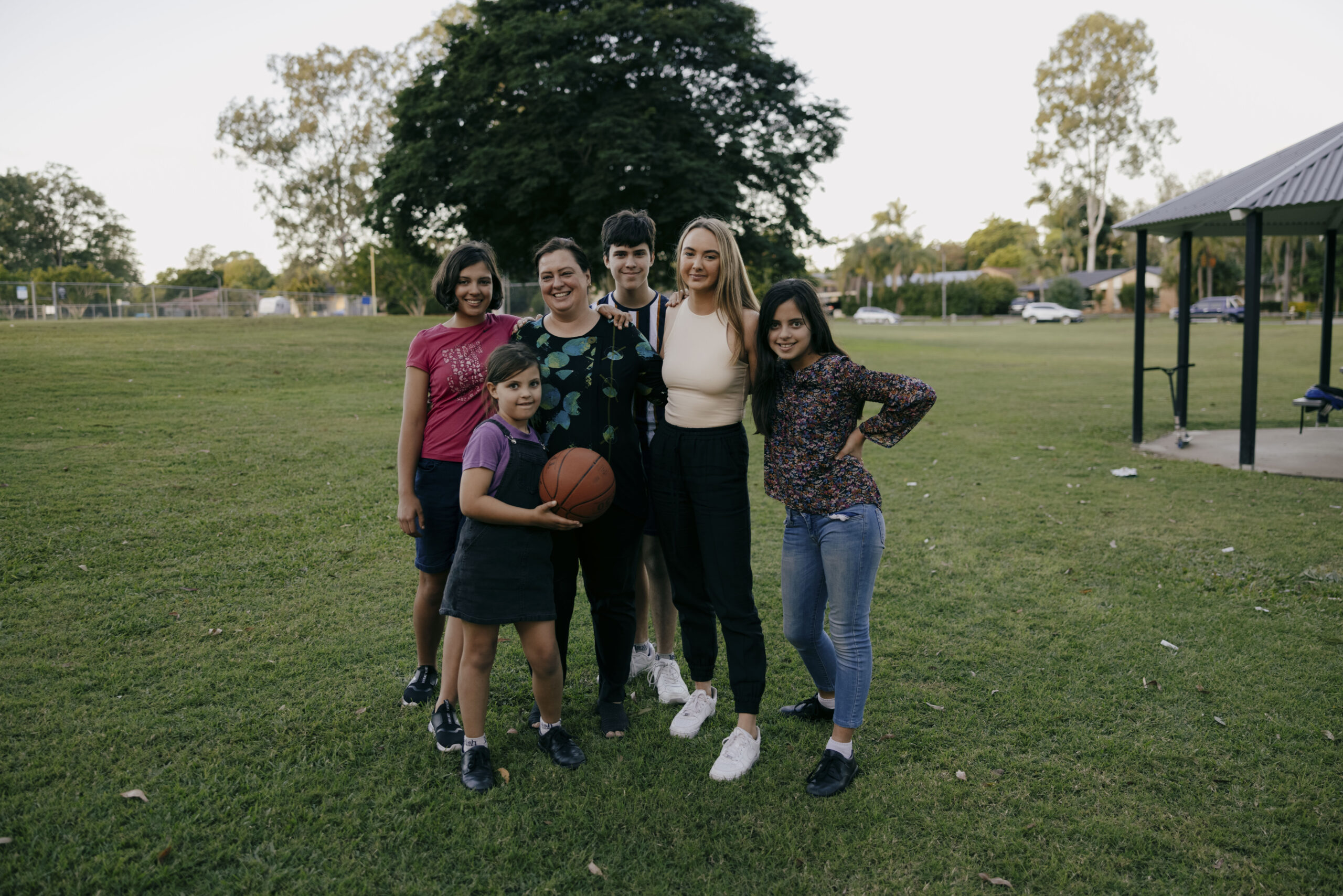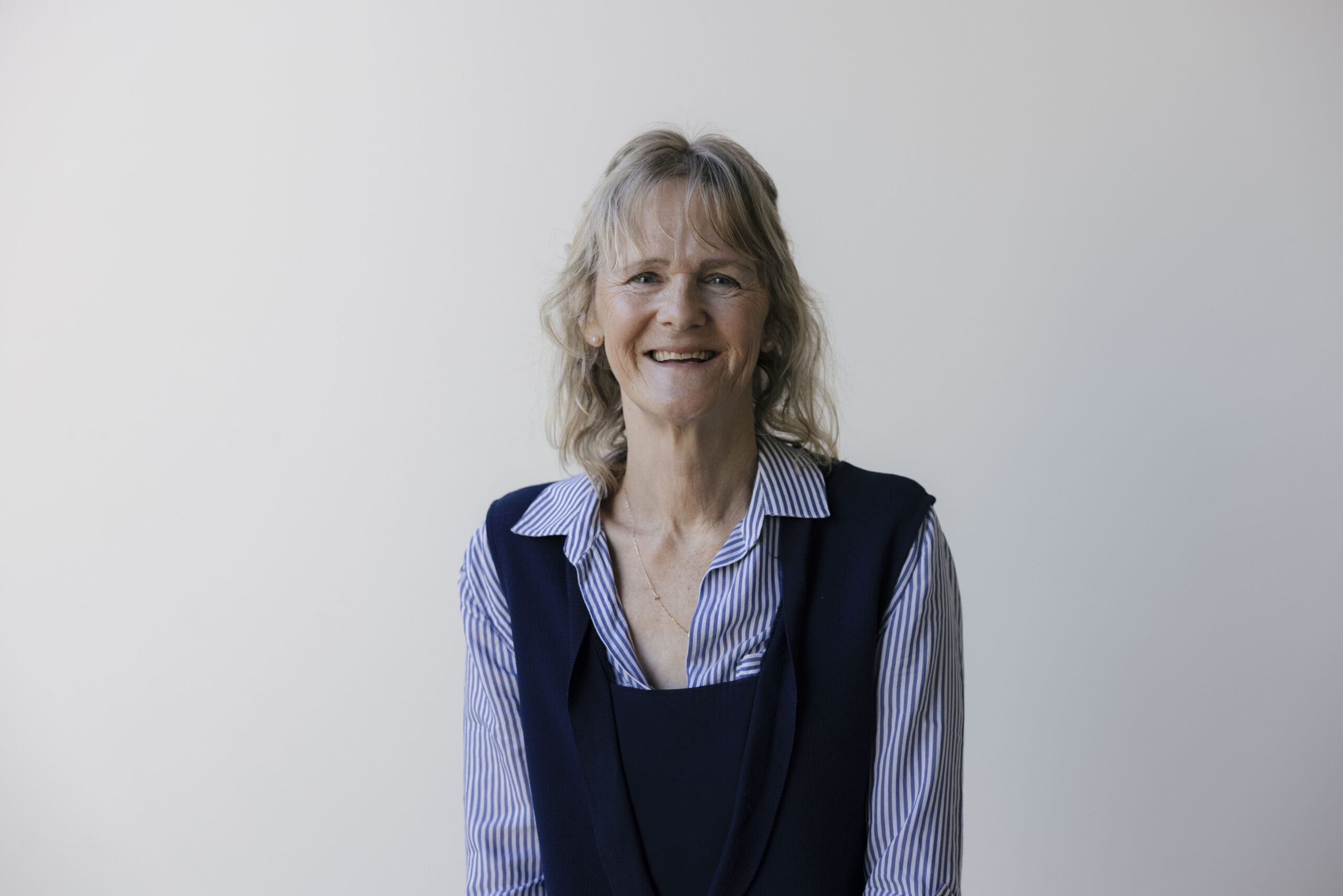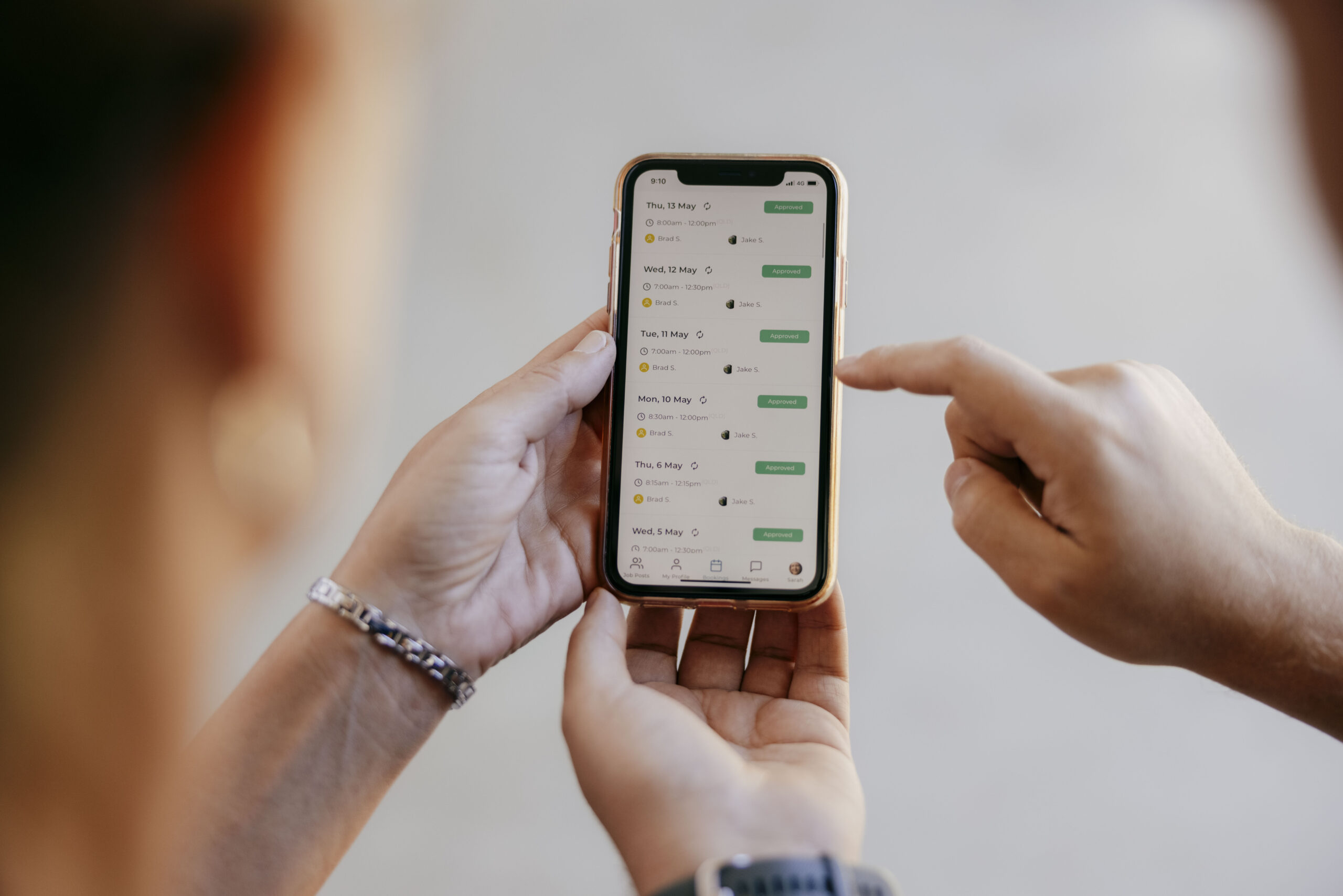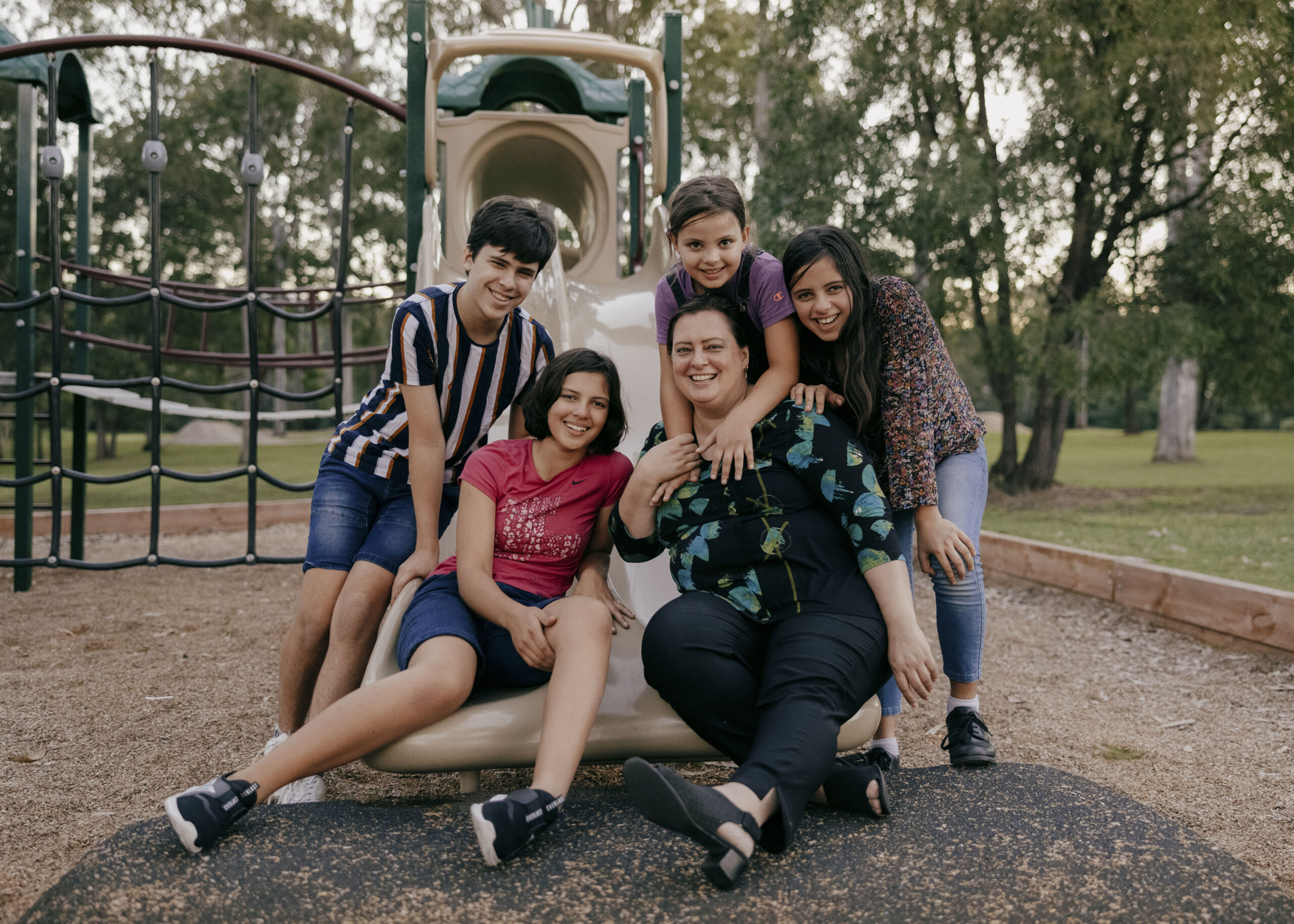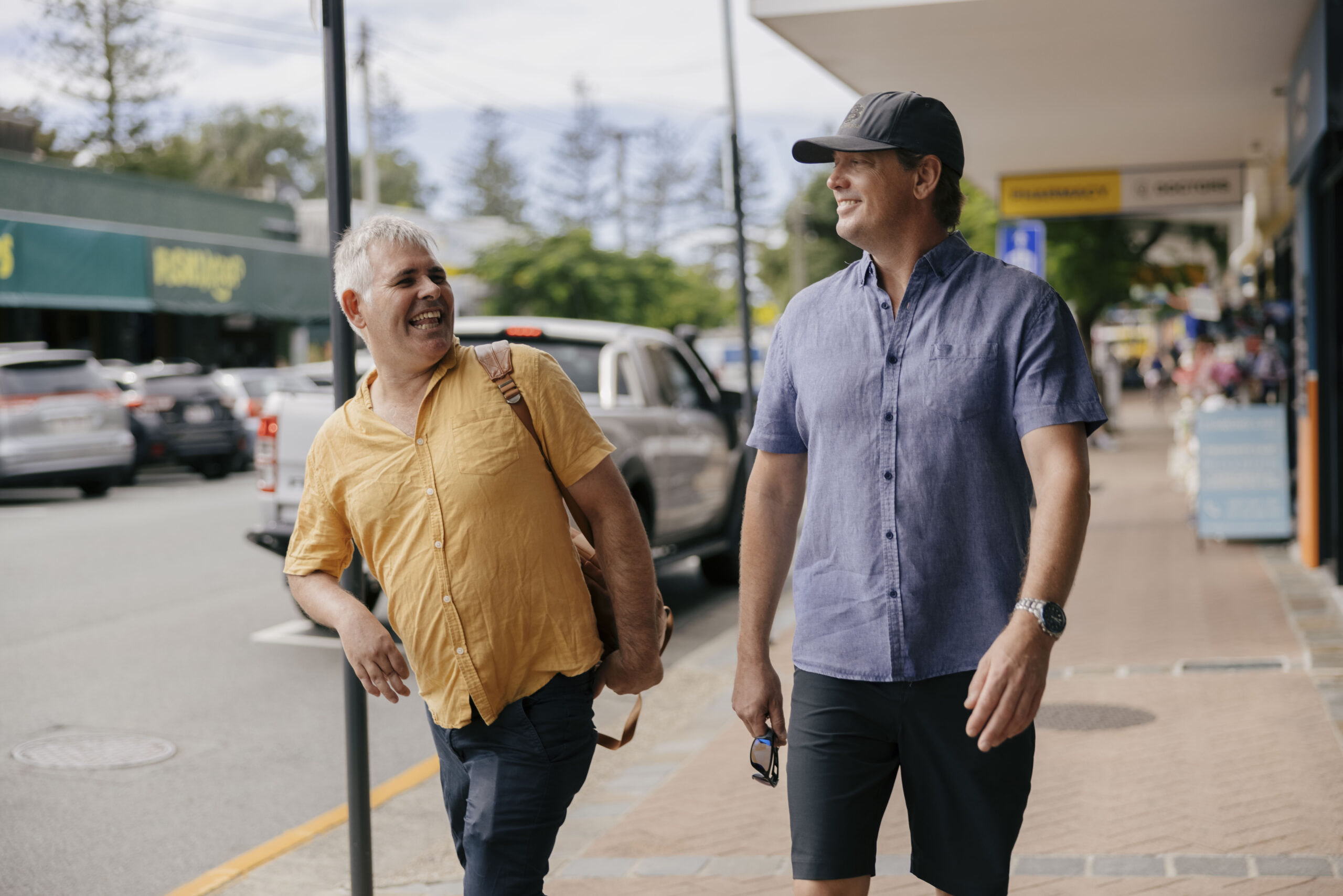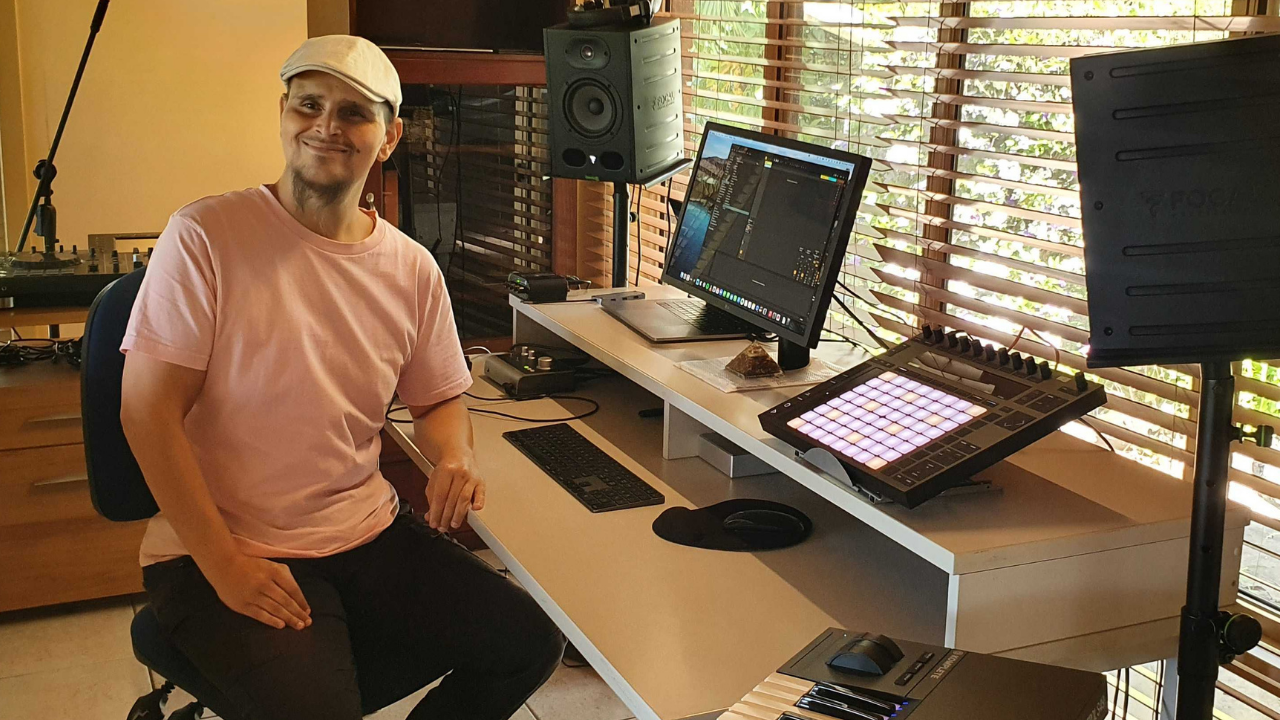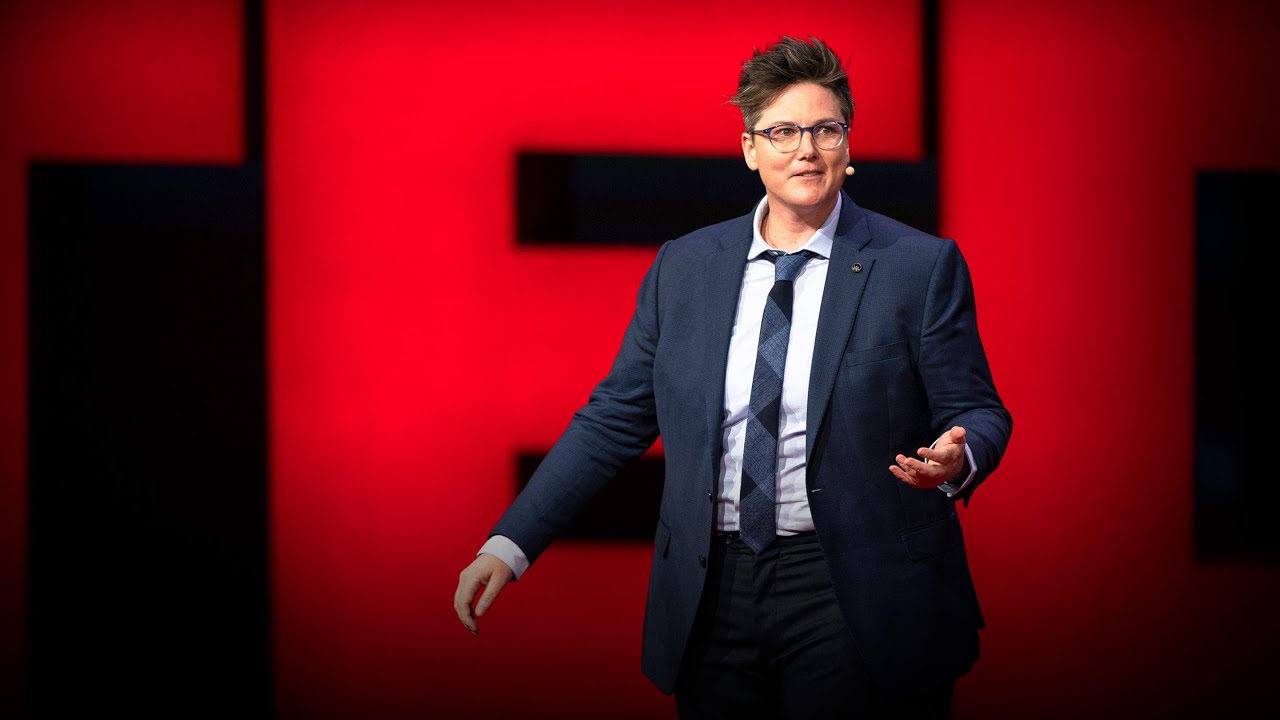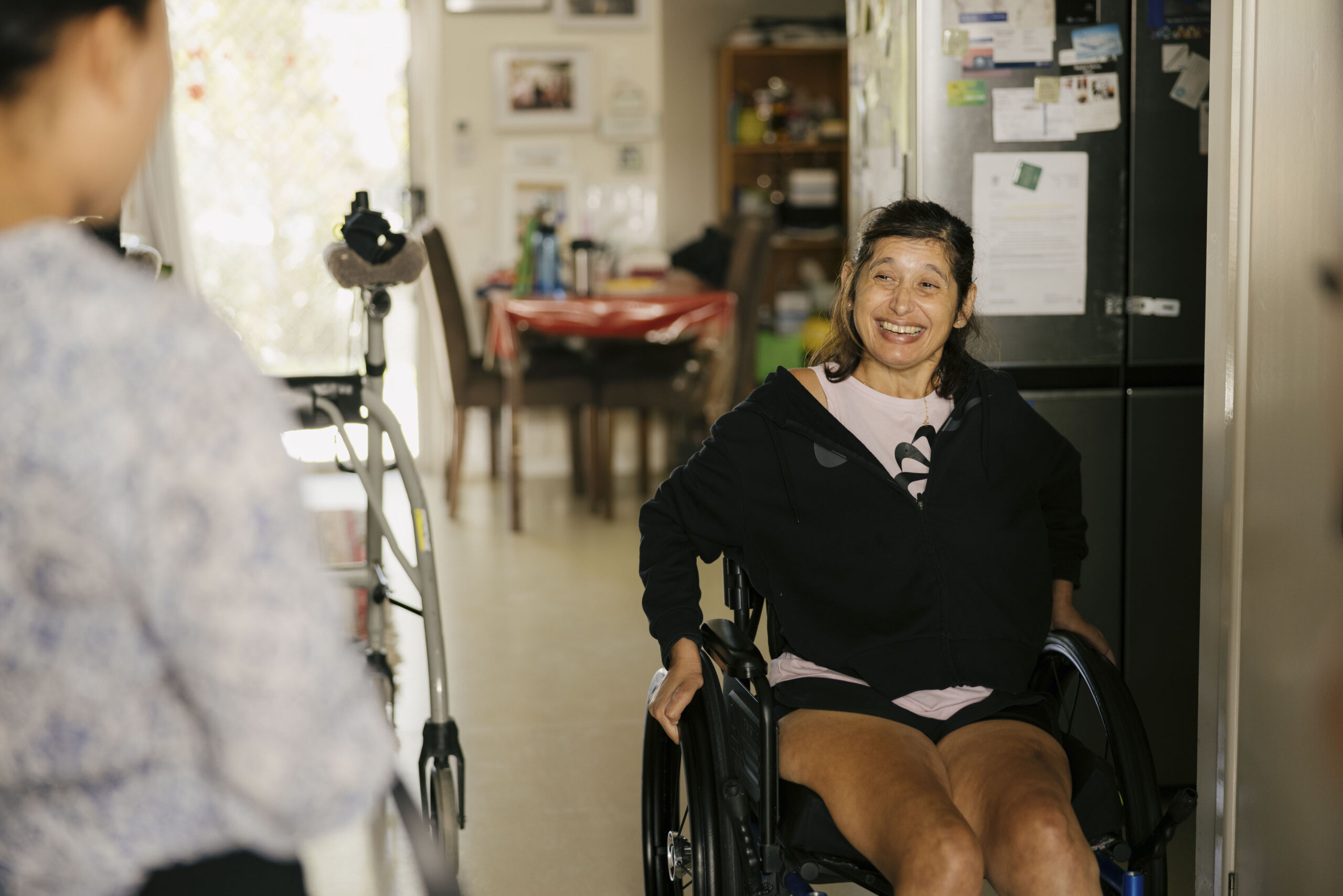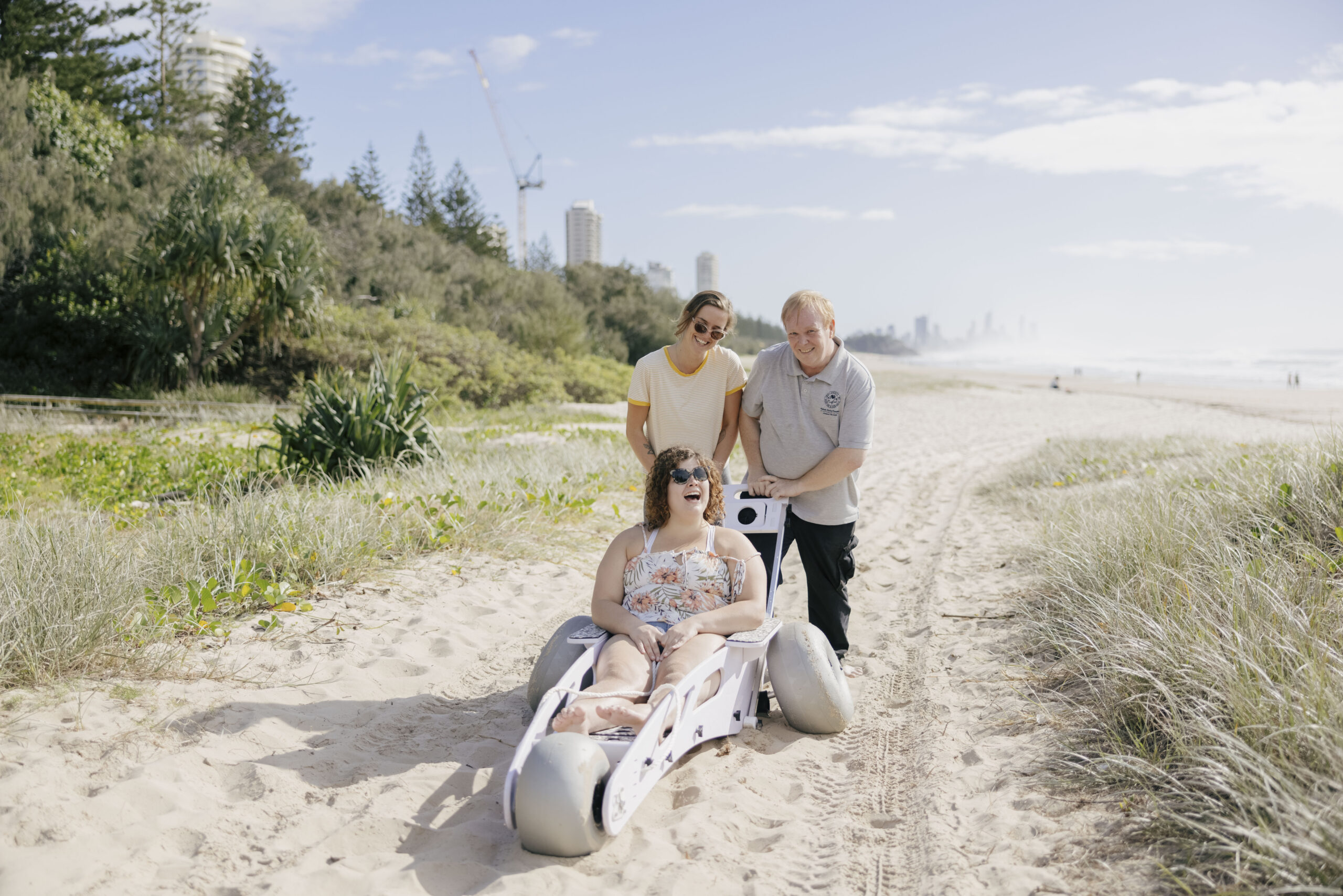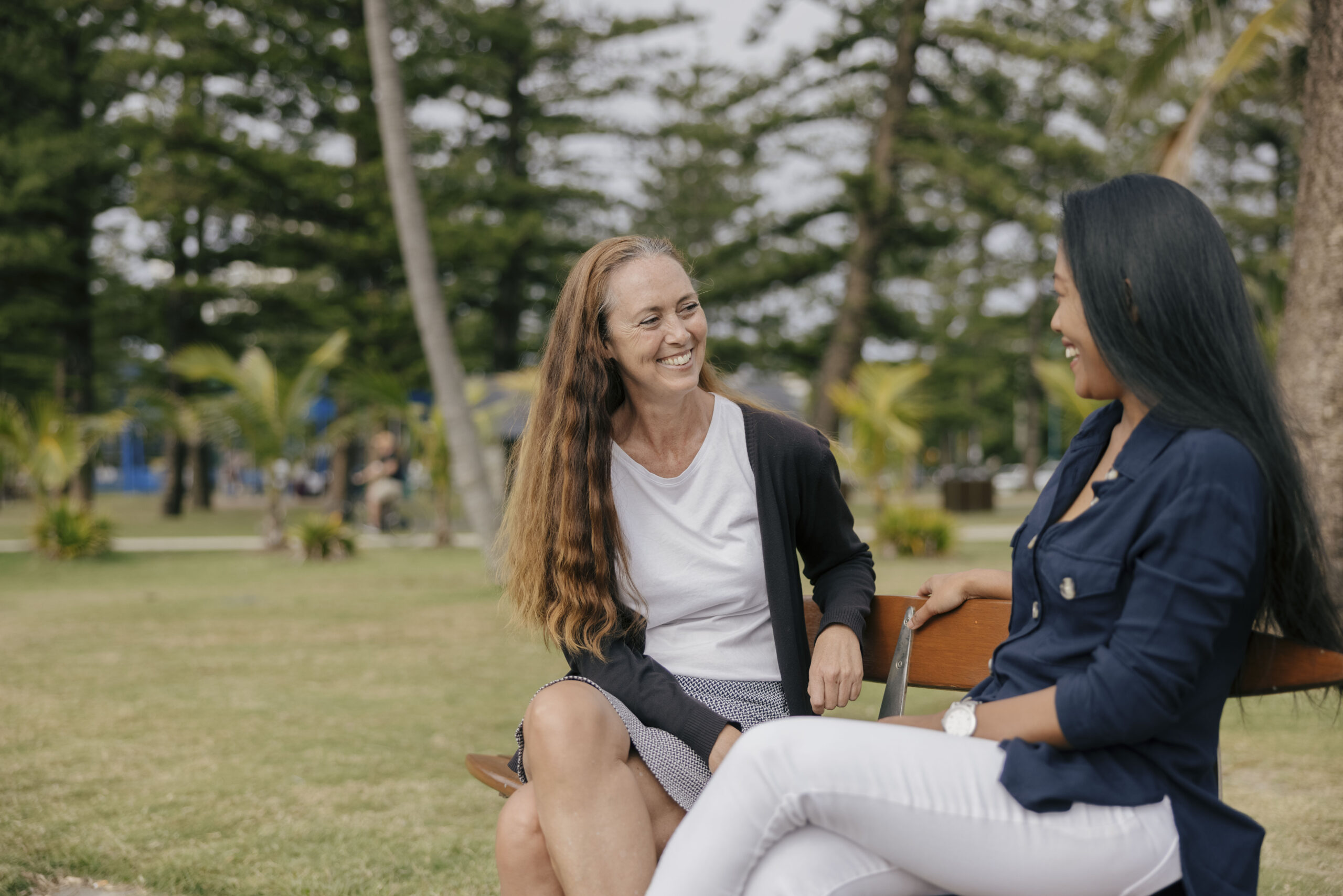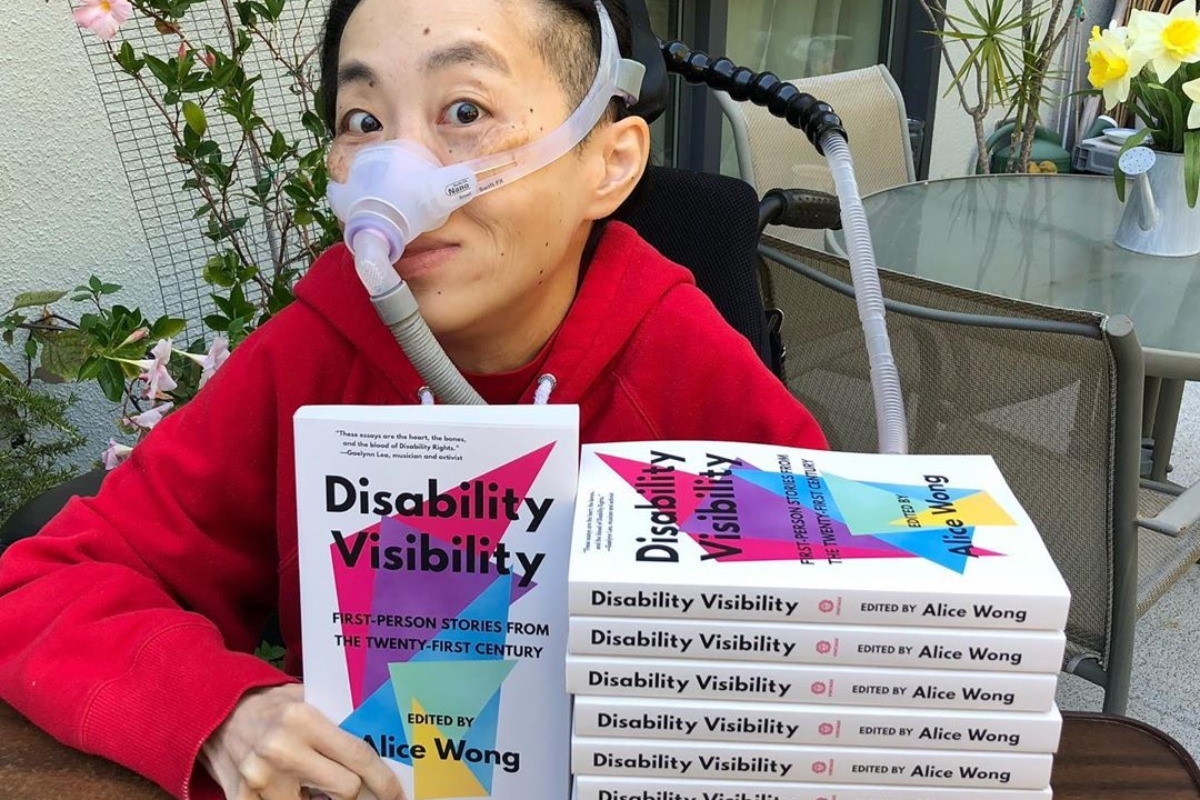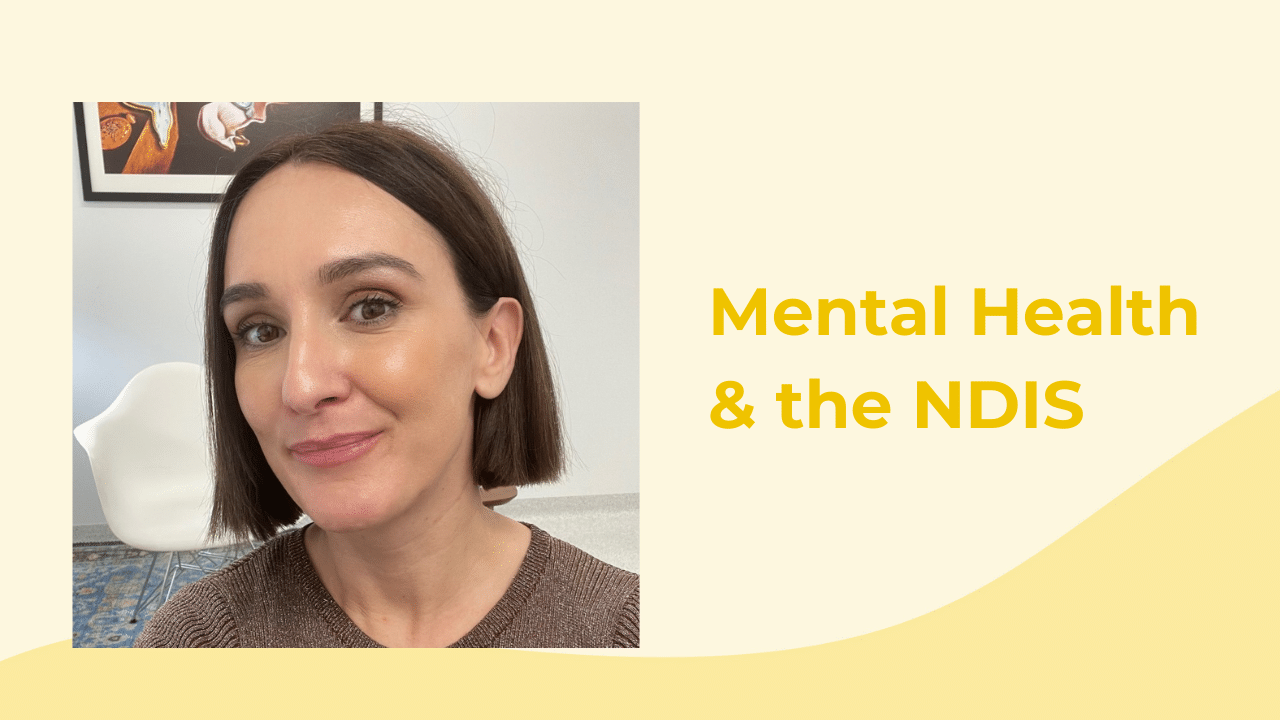What Does A Speech Pathologist Do?
We work with a big range of clients on lots of different areas of communication.
There is a common misconception that we primarily work with people to help with stutters.
The majority of work that we do as speech pathologists, particularly with people with disabilities, is on building their communication skills.
Often NDIS Participants we work with have difficulty with comprehension and understanding what people are saying.
We help parents and Support Workers with communication techniques to help people who are struggling with comprehension understand more of what we're saying.
We also help people learn how to express themselves. Some people have difficulty communicating their message.
We help them learn how to answer questions, to be able to tell stories, and if they're not able to speak with their mouth, to use hand signing, or to use pictures, to communicate.
For example, we have little ones who might be able to point at how they're feeling rather than being able to talk.
We also work with people who use specialised communication devices, to help them communicate.
The type of work we do is very broad. We also work a lot on social interactions. For example, we help people understand how to have a conversation and make friends.
We work on speech, helping people to communicate clearly to be able to be understood by people.
Certain speech pathologists also work a lot with feeding or eating. They can help people to learn how to drink, chew and swallow safely.
Is Speech Pathology NDIS Funded?
Yes. They certainly can. A lot of people with a disability will have a capacity building budget that helps them to develop their skills and build their capacity in order to meet their NDIS goals.
The majority of clients that we work with have a capacity building budget that they allocate to speech pathology to help them meet their social interaction, their speech, or their feeding and eating goals.
Do You Use Assistive Technology To Help People With Their Speech?
Yes. We certainly do. Many of our therapists at My Therapy Space are really specialised in using what's called augmentative and alternative communication when using devices.
These are little small communication devices that people can point to in order to be able to get their message across to people so that the device will speak for them.
There's a whole different wide range of devices.
We have some people who can point to the devices and then we have other people who may need help scanning so that the device might just scan for them, and when they hear the message that they want, they can activate it with their head, or with their foot, or with their elbow. The device helps them learn to communicate as best they can when they're not able to use their voice.
Is Speech Pathology Part Of A Holistic Treatment Plan?
Yes definitely. We're passionate about our holistic approach, and we're super lucky at My Therapy Space to have a fabulous multidisciplinary team.
We have occupational therapists that can help us with those children or adults who are using devices.
They can help people work on their hand, head or body movements, and we may work with our physiotherapists to look at their positioning, how they're sitting, and what they would need in order to best access their device.
We also have psychologists and a dietician. We all work very closely together, helping families and people achieve their goals through our different levels of expertise.
Is The Whole Family Involved With Treatment Plans?
Yes, absolutely. That's one of our chief, most guiding core commitments as a family-centered practice.
We do family goal-setting with every single family we work with. The family sets a goal of what they want to achieve for their whole family.
We recognise having a child with a disability is only one part of your family, and while it might be a big part of your family, we want to make sure that everyone in that family is supported.
Our whole way of working is supporting families to feel confident that they can be the ones that will help their child at home.
Dropping them off to therapy once a week will not make them better, but if we can make the parents feel really confident in how to develop their communication, or their motor, or their behaviour, then that's where we're going to see really great progress for that child and family.
Are There Any Particularly Special Memories That Stand Out For You As A Speech Pathologist?
I've been super fortunate. I absolutely, absolutely passionately love my job as a speech pathologist. Being able to support families each day is really inspiring to me.
Some of the really super memories that stand out were during my time in China. I was working in an orphanage with lots of children with disabilities who had been given up for adoption.
We were able to support the carers in that orphanage to learn strategies to understand how to better support their children. How to communicate with them and how to play with them to help build the children’s communication skills. That was pretty amazing.
I also have some great memories of presenting workshops. I really love presenting workshops and being able to support staff to learn skills.
I was at the Down Syndrome Conference a few years ago. I taught around 200- 300 people to sign. We were all signing together and singing our songs. It was incredible.
Hopefully, that gave them a little bit of keyword sign that they could take and implement in their classrooms to better support their children with down syndrome.
I think it's a lot of just those little daily memories as well.
I often give an example in my sign workshops of a little boy who we taught sign language to for many, many years, and he never signed back, but his mum always just kept on going. She said, 'I know that it's helping his understanding. I'm going to keep signing with him." And then one day just looked at his hands, and looked at mum, and looked at me, and signed finished.
His mum cried. I cried. It was a really, really emotional, exciting moment to see this little one after many years just say, "I think I've made that connection of what you people want me to do with my hand that will give me a way to communicate and express myself.”
If I'm An NDIS Participant Or A Parent Of A Child That's An NDIS Participant, Who Needs Speech Pathology Support, What Are Some Things That I Should Look Out For Before Choosing Someone?
Finding the right NDIS Speech Pathologist can take time. I think you have to have that rapport with them. You have to feel, this is someone that I'm going to trust, this is someone that I'm going to enjoy working with because I think sometimes, for families, they might forget that it's actually them that's going to be working with that therapist, not just the child.
You want someone that is really going to listen to you. That's probably one of the most important things.
It's not up to the therapist to tell the family what to work on, it's up to the family to tell us what's important to them, and then we can help provide support around those goals.
You should be looking for someone that you like, you feel you can spend time with, who's going to listen to you and who’s open to change.
Often we'll be heading down one path and working on something, and the family says, this does not work for me.
You need your therapist then to be open to say, “OK!, great, let's change tack. Let's move down a different path.”

